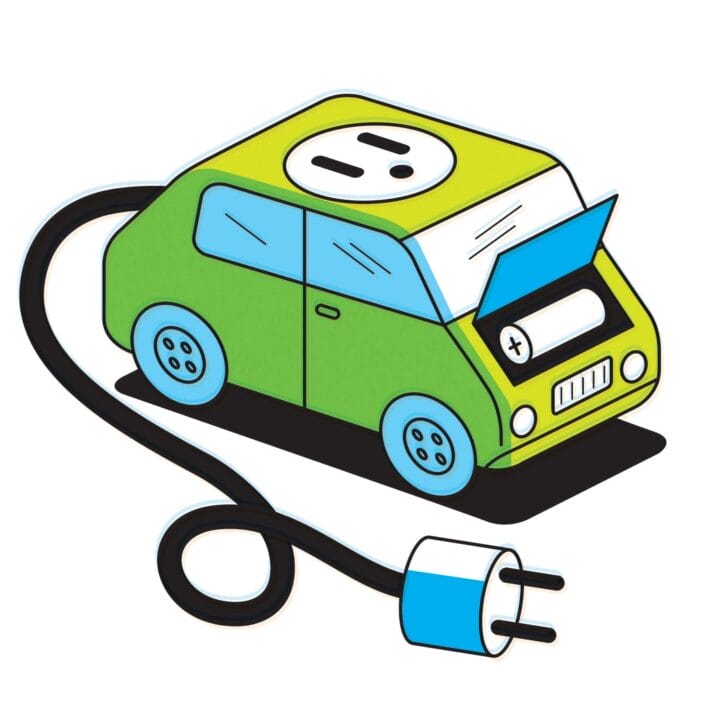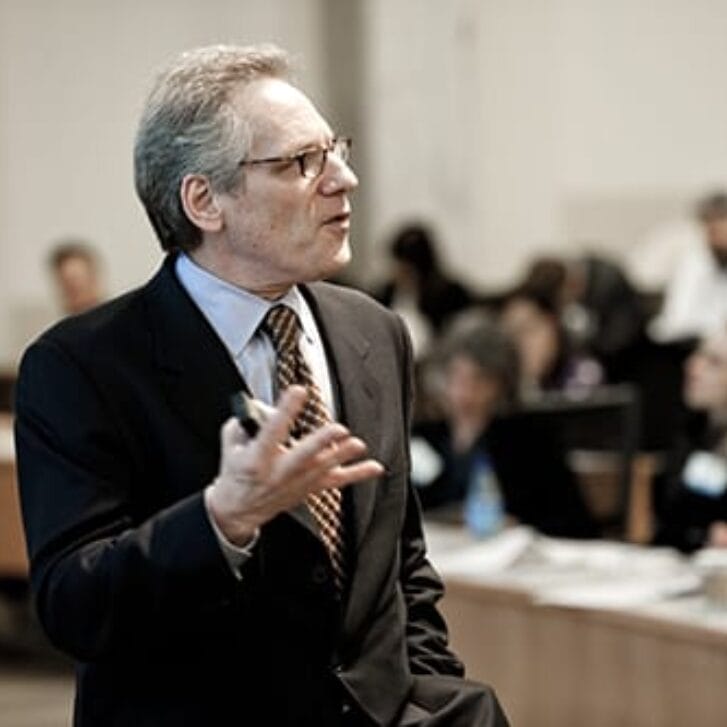 Stewart D. Friedman, founding director of the Wharton Work/Life Integration Project, led a study of two generations of Wharton college graduates: Gen Xers who graduated in 1992 and millennials who graduated in 2012. He made a surprising discovery: The number of college graduates who plan to have children has dropped nearly by half over the past 20 years. In his new book published by Wharton Digital Press, Baby Bust: New Choices for Men and Women in Work and Family, Friedman explores the surprising reasons why so many young people are opting out of parenthood. Below is an excerpt.
Stewart D. Friedman, founding director of the Wharton Work/Life Integration Project, led a study of two generations of Wharton college graduates: Gen Xers who graduated in 1992 and millennials who graduated in 2012. He made a surprising discovery: The number of college graduates who plan to have children has dropped nearly by half over the past 20 years. In his new book published by Wharton Digital Press, Baby Bust: New Choices for Men and Women in Work and Family, Friedman explores the surprising reasons why so many young people are opting out of parenthood. Below is an excerpt.
In 1992, nearly everyone planned to become a parent; only 3 percent of women and 6 percent of men in the Class of 1992 expected they would not or probably would not have or adopt children. But 20 years later, having children was no longer a given. In the Class of 2012, fully 27 percent of women and 30 percent of men predicted they would not or probably would not have or adopt kids.
Slice the data differently, and the results are even more eye-popping: the rate of college graduates who plan to have children has dropped nearly by half over the past 20 years. In 1992, 78 percent said that they planned to have children. In 2012, 42 percent did. And these percentages were the same for men and women: They are equally opting out of parenthood.
We are certainly not the first to observe a decline in birth rates, and this change in plans for children is not unique to young business professionals. It’s part of a larger trend: a nationwide baby bust. Across the United States, births have dropped precipitously. In 1992, the average US woman gave birth to 2.05 children over the course of her life. By 2011, it had dropped to 1.89, well below the replacement rate of 2.10.
Is the baby bust good or bad?
Drawing on our evidence from these promising young business professionals from the Gen X and millennial generations, we observed both good and bad news. On the positive side, there is now greater freedom for women and men to choose paths that are meaningful to them, not just those prescribed by traditional expectations and narrowly defined gender role stereotypes. That is, for millennials, being a man is no longer inextricably linked to being a breadwinner father and being a woman is no longer synonymous with motherhood.
We also found that men and women are now more aligned about how to navigate who in a dual-career relationship should “lean in” to their careers and when they should do so. While some gender-stereotypical differences about family roles and dual-career relationships linger, today’s young men expect to see women as peers in the workforce, they are more cognizant of the impending difficulties they will face in resolving conflicts between work and family life, and, for those thinking about having children, they see engaged fatherhood as a way of contributing to society. This is a gigantic leap forward for mankind and has positive repercussions for women and children. Millennial men are increasingly willing to experiment with new family and work models that enable both partners in a relationship to have more of what they each want in life. Twenty years ago we saw wide divergence between men and women on family role expectations; now there’s more agreement about what it takes to make long-term relationships work, promising greater collaboration and mutual support.
But we also found evidence of new challenges that are thwarting both the family and career ambitions of young people today. They foresee more intense conflicts between these two aspects of life.
If 20 years after we first asked graduates about “having it all,” many are now saying that they are opting out of parenthood and downsizing their family ambitions, why should we be cautiously hopeful? Because we are finally discussing openly the elephant in the room: The world has changed but our institutions have not. The level of frustration has increased to the point where there is now the critical mass of interest required for propelling real progress. What is heartening about this moment is how many have joined the conversation. This will undoubtedly increase the options available for our companies, our families, our communities and ourselves. We’ve reached a tipping point, and so there are grounds for optimism, even if the path ahead is fraught with significant obstacles.
Editor’s note: Did you get your free copy of The Social Entrepreneur’s Playbook? Want to know the results of the e-book experiment? And learn more about (and purchase) the expanded edition? Visit http://wdp.wharton.upenn.edu/books/social-entrepreneurs-playbook/.
Learn more about Baby Bust at http://wdp.wharton.upenn.edu/books/babybust. E-books and paperbacks are available wherever books are sold.

























